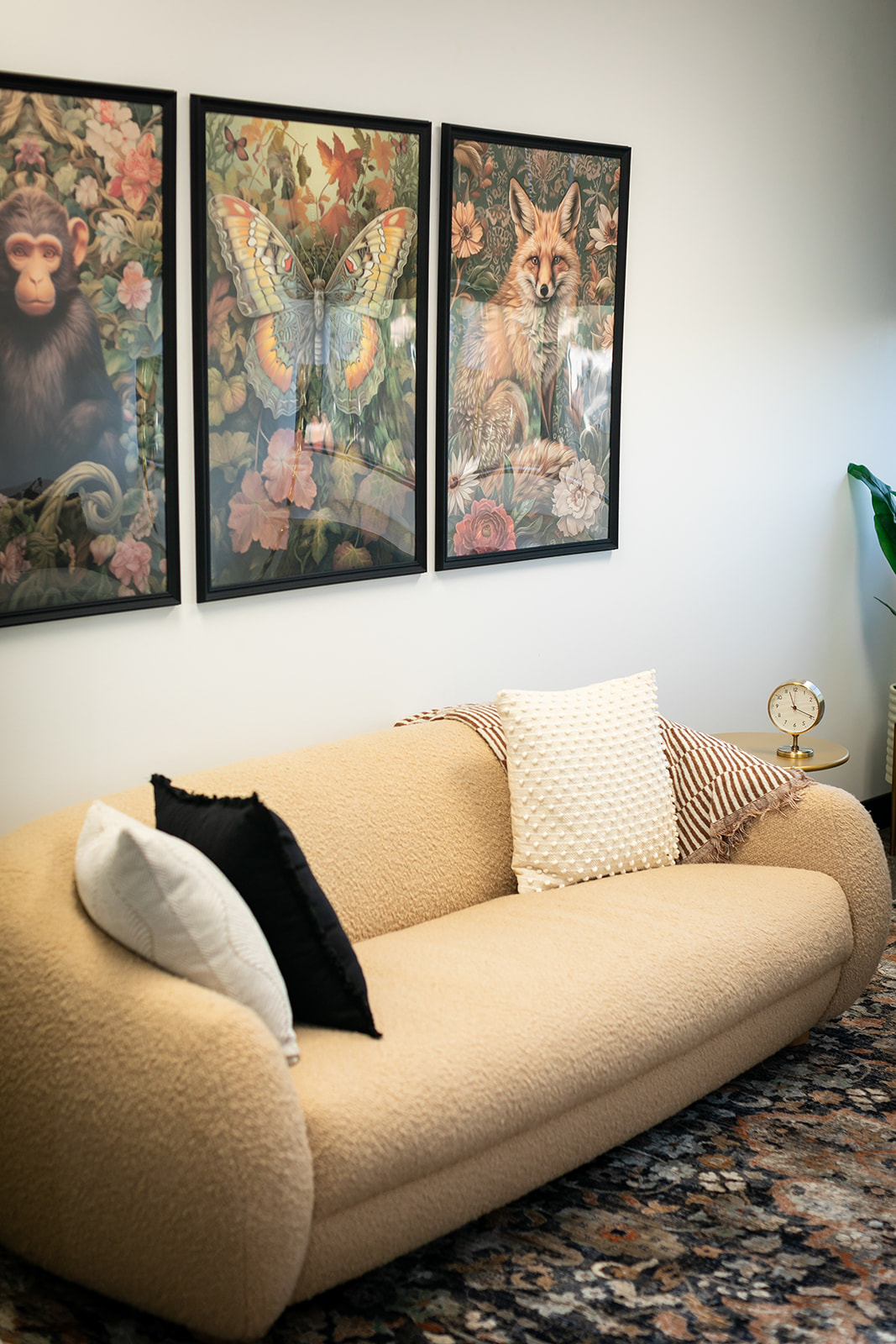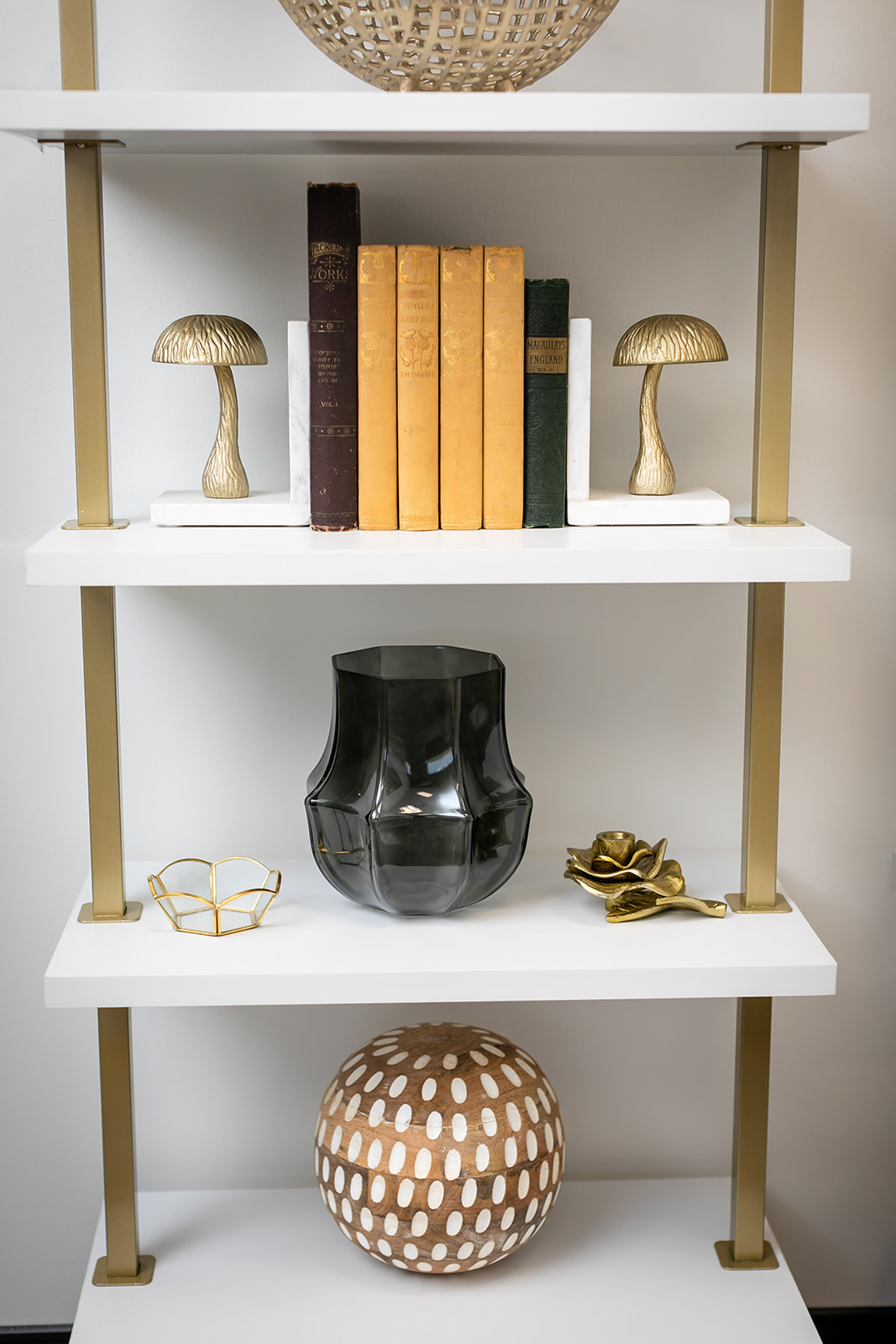LGBTQ Therapy in Dallas, TX
Dallas Therapy Collective
Transgender, Lesbian, and Gay Therapy
Dallas Therapy Collective
Want a therapist where you can plop down on the couch without worrying about whether they “get it?”
There’s this tension – where you want your therapist to be at a certain level of comfort and knowledge when working with you. They need to “get it.” And yet, it’s not lost on you that there are as many LGBTQ experiences as there are people. Also, being part of the queer community is just one aspect of who you are.

You Are Important. You Are Valued. You are Worthy.
LGBT Friendly Therapist in Dallas, TX
So what is it you really need? Safety, right? You need to know that you are safe to be you….fully who you are, regardless of your affectional, sexual, or romantic orientation. Regardless of your gender identity or expression. Regardless of your fluidity. Regardless of what you look like when you walk in the door or what kind of day you’ve having.
Regardless of how far in or out of the closet you are.
You need to be able to come to therapy and be who you are and not have to educate your therapist on the basics. You also want your therapist to be open to understanding your unique experiences. You need to know that we understand that living in Texas and being a part of the queer community has its own “special” complications. Yee-haw!
You need someone who understands marginalization. Who understands oppression. And yet won’t make assumptions about your actual experiences.
We’re here when you’re ready.
We Get It. And We’re Willing To Learn.
Lgbt Friendly Therapist In Dallas, TX
We want to know your story. We want to understand all the moving parts of your life and how they impact why you’re even seeking therapy in the first place. We know that being LGBTQ+ is just one part of who you are among all that you are managing in life.
Feeling a little nervous?
It’s normal to be a little apprehensive about starting therapy. You’ve lived a life that has conditioned you to be on alert. What if they don’t get it? What if they pathologize me? Didn’t being gay used to be a mental diagnosis? (Yes, it did, and thank goodness that has changed!)
You might feel alone in your journey. Maybe you’re just starting to explore your identity or make sense of your experiences. Perhaps your family is non-affirming. You might fear that your emerging identity might preclude you from your current relationship. You might even feel some “internalized homophobia” – culturally imposed negative feelings about being LGBTQ+– and you might feel conflicted about wanting to own your identity while also experiencing shame around it.
All of these feelings are totally normal. Although things are slowly changing, we still live in a culture where there are clear and painful messages about being LGBT, which is why LGBT affirmative therapy is so important.
We can help you with
- Exploring your sexual, romantic, or affectional orientation
- Exploring your gender identity
- Coming out to yourself, your loved ones, your friends, your workplace
- Navigating the complications of dating
- Exploring cultural oppression
- Exploring how you may have been harmed or rejected by religion or religious people
- Navigating holidays, weddings, and events with non-affirming family members and others
- LGBTQ couples counseling
- Poly and non-monogamous relationship counseling
- Queer, transgender, lesbian, and gay therapy

Thinking of seeking LGBTQ therapy and wondering…
Why should I see someone who specializes in LGBT therapy? Shouldn't I just focus on the issue I'm coming in for?
It’s really up to you. What we know about therapy research is that the relationship between the therapist and client is the best predictor of successful outcomes. We encourage you to consider what you need in the therapy relationship – if you need your therapist to be a specialist in the LGBT population, find one who is. If you don’t feel like you need that, listen to your gut. The bottom line is that the more comfortable you are with your therapist, the more likely it is that you’ll be able to do the work you need to do in therapy.
I'm a little nervous because I've been to see a "therapist" and they just didn't get it.
Some of our clients have been through painful experiences in therapy. Whether you saw a therapist who just didn’t get it, had unchecked biases, or you were subjected to the harm of gay conversion therapy (otherwise known as reparative therapy), we want you to know that we understand the harm that can be done, whether it’s the overt harm of conversion therapy or the microaggressive slights by people who just don’t get it. DTC is an affirming and welcoming place.
What if I don't know how I identify? What if I'm questioning?
Therapy is a great place to explore the questions you might be having about your identity. We all get a ton of cultural messages that end up shaping what we believe about things. Media, families, religion, school, and the workplace all tell us what’s “okay” and what’s not okay to believe, to think, and to be. Therapy is a place where, within a safe and trusting relationship, you can start to challenge the beliefs that have been imposed on you. Therapy may reveal some internalized “isms” that, through exploration, you can untangle from and be who you are.
You Are A Multi-Faceted Person. You Deserve The Best Therapy in Dallas.
At DTC, we do therapy within the framework of intersectionality. We believe that your various identities – your ethnicity, age, gender, affectional orientation …the list goes on and on…are to be understood within their relationships with one another. We want to know what identities are important to you and how your life experiences are impacted by them (and vice-versa).
Exploring the different facets of what makes you – you – will help you to better navigate your life. In giving those different parts of yourself the honor that they deserve, you can continue the process of healing and moving forward with the life you want to live.

